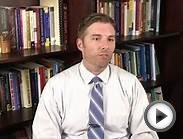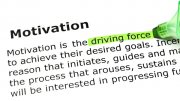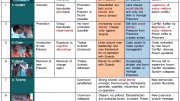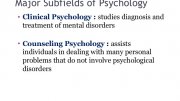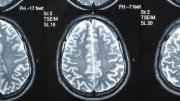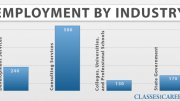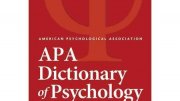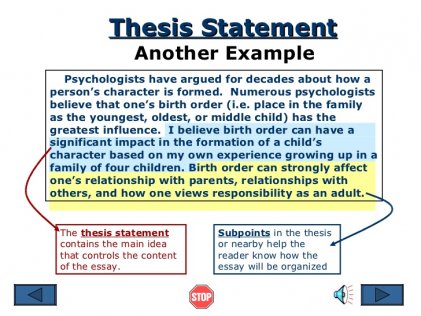
Alan Goldstein, a Board-certified forensic psychologist on the faculty of the John Jay College of Criminal Justice at the City University of New York, has collected contributions from experts in the field of forensic mental health on topics intended to reflect some of the frontiers of the field. The resulting volume is an excellent sourcebook for any mental health professional, whether psychologist or psychiatrist, on topics outside the expertise of most practitioners. As Goldstein explains in both the Preface and the chapter that he authored, “Forensic Psychology: Toward a Standard of Care, ” which constitutes Part I of nine parts, this book grew out of his work as editor of Forensic Psychology, the 11th volume of the Handbook of Psychology (John Wiley & Sons, 2003) which, in 28 chapters, was intended to address the “mainstream” topics in the field (e.g., trial competence, criminal responsibility, jury selection, and child custody). Drawing a clear line between mainstream and fringe topics proved challenging, in that broad topics such as civil commitment and termination of parental rights were omitted from the previous volume. The current work includes chapters on those areas as well as newer areas of burgeoning practice, with the stated purpose of presenting the “current state of the field in terms of law, ethics, research and practice (p xiv).” Weighing in at over 800 pages with 27 chapters on specific areas (plus Goldstein's general discussion chapter), this book shows just how broad the field has become.
Goldstein, who has won awards for his work as the chair of the Continuing Education Committee for the American Board of Forensic Psychology, recruited contributors who are predominantly Board-certified psychologists with expertise in a range of specialties. Some of the topics are broad explorations of new areas, while others provide more detail on narrow aspects of very specific areas. The contents are arranged in nine parts. Part II, “Forensic Assessment Methodology, ” includes separate chapters on the Personality Assessment Inventory, the Rorschach Inkblot Test, the MMPI-2, and Neuropsychology for the Forensic Psychologist. Psychologists who are preparing for expert witness testimony based on their assessments will find in these chapters excellent updates of the research relevant specifically to forensic topics, and psychiatrists with no training in these particular assessment techniques but needing to understand their use would be likely to find these (and many other) chapters excellent sources.
Source: www.jaapl.org
You might also like:


